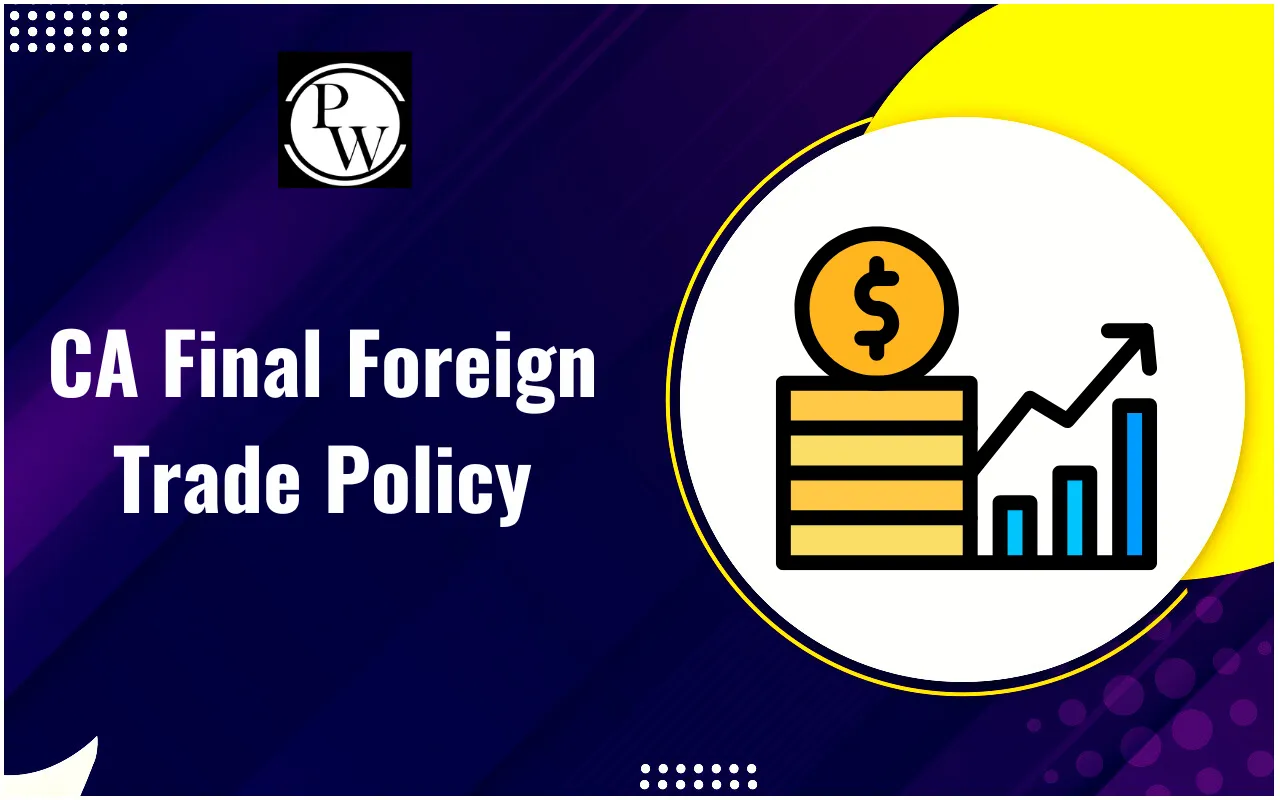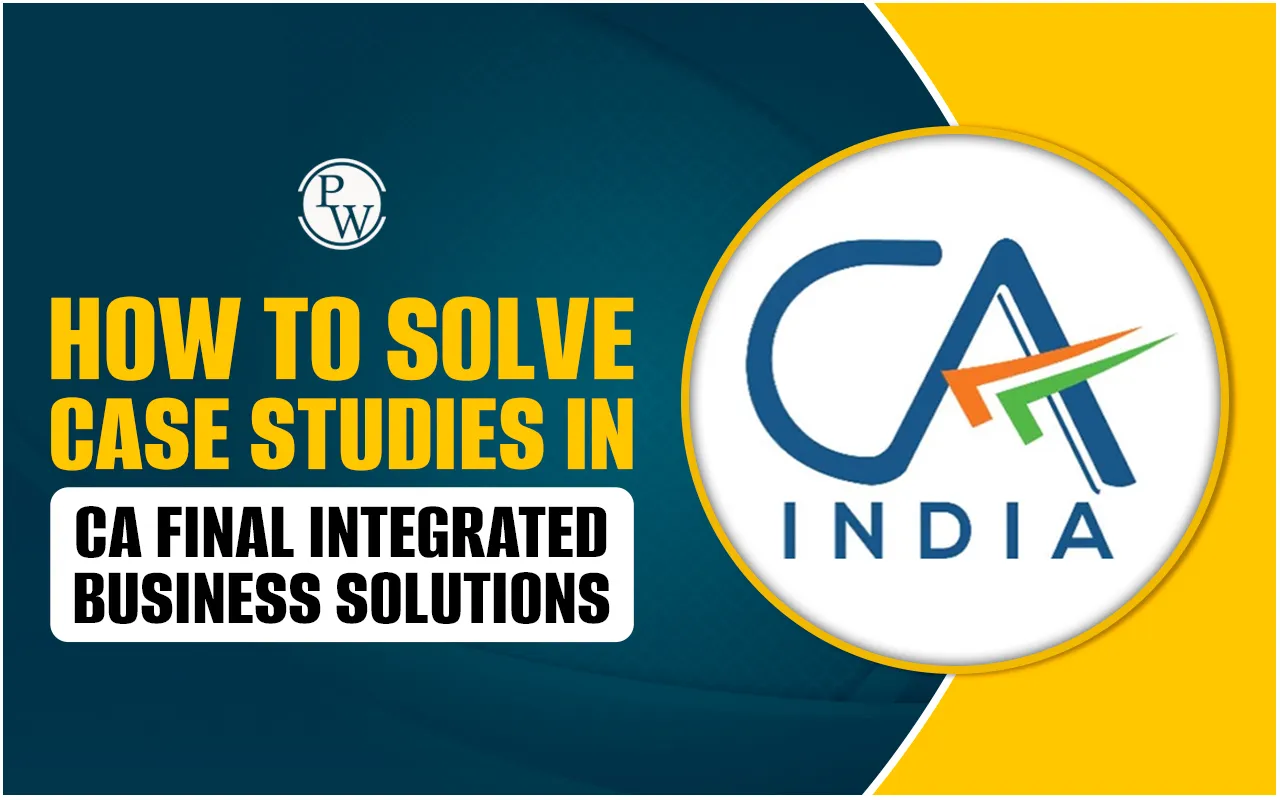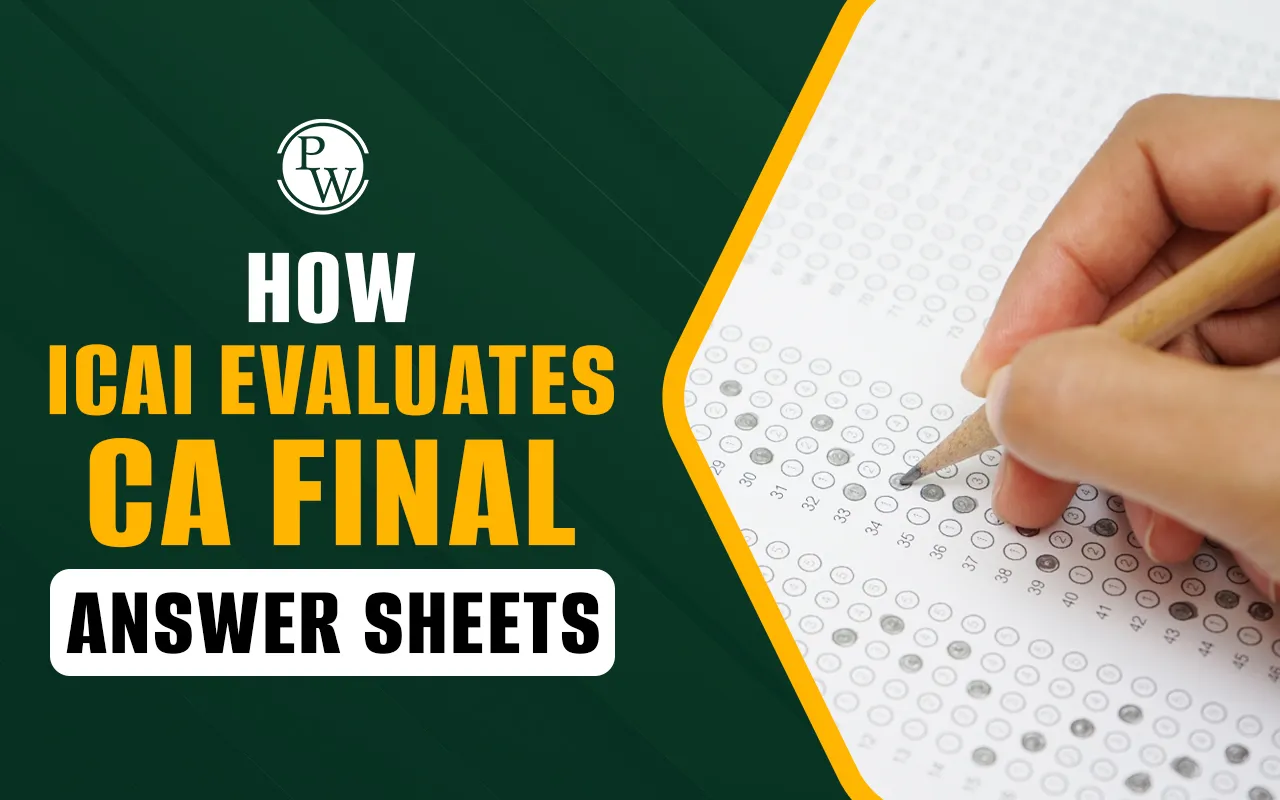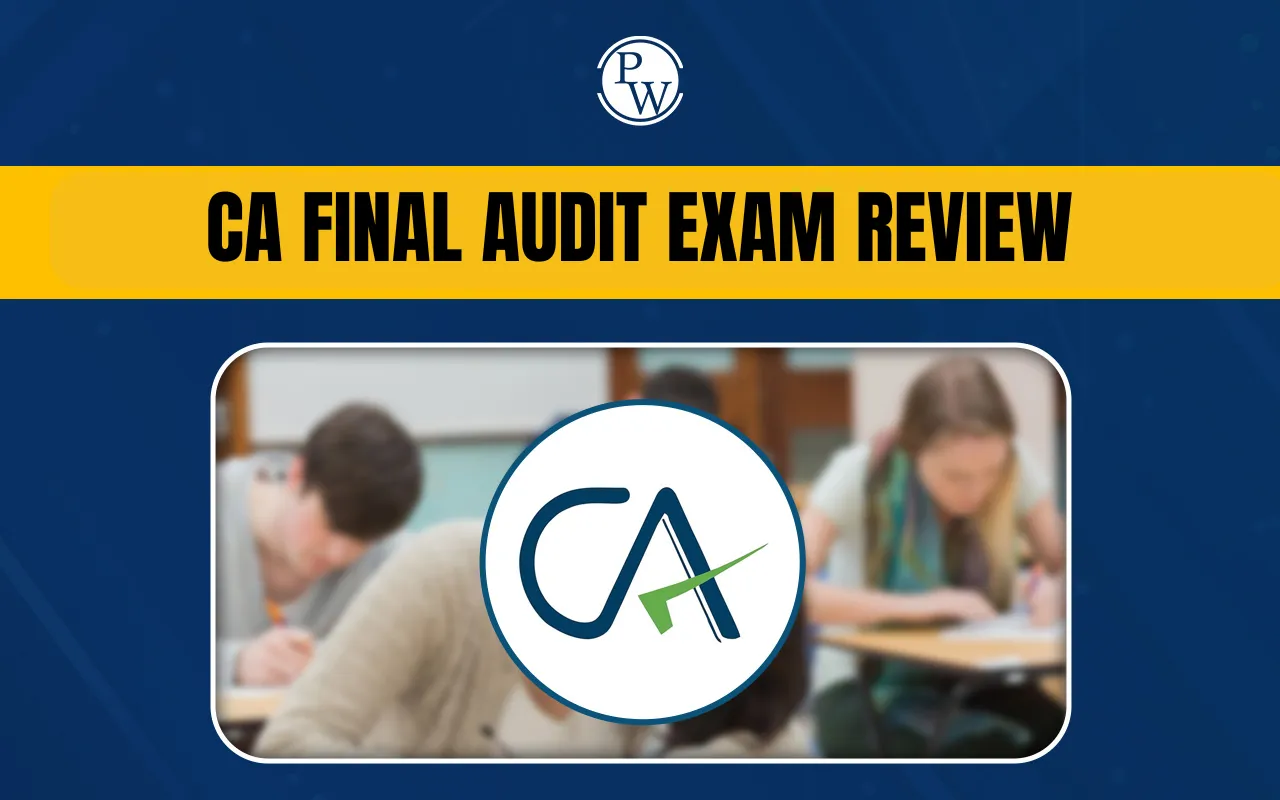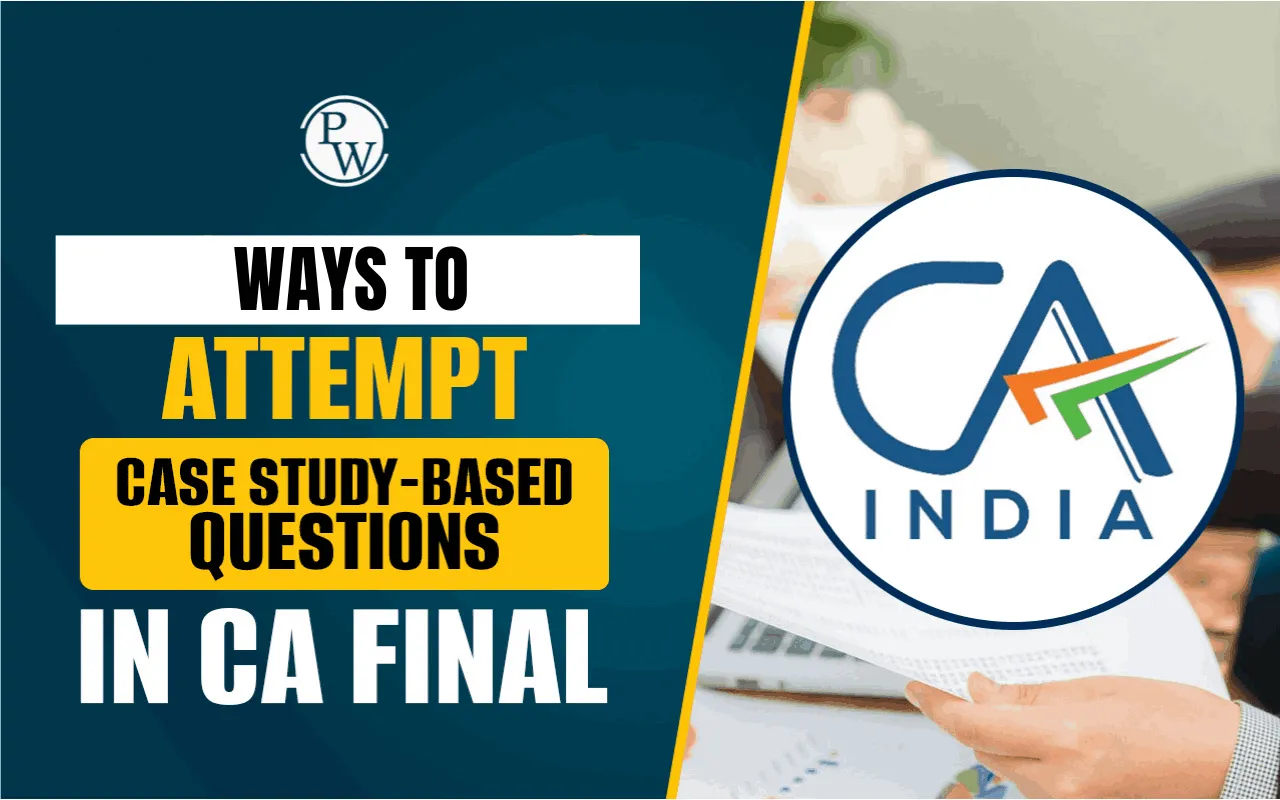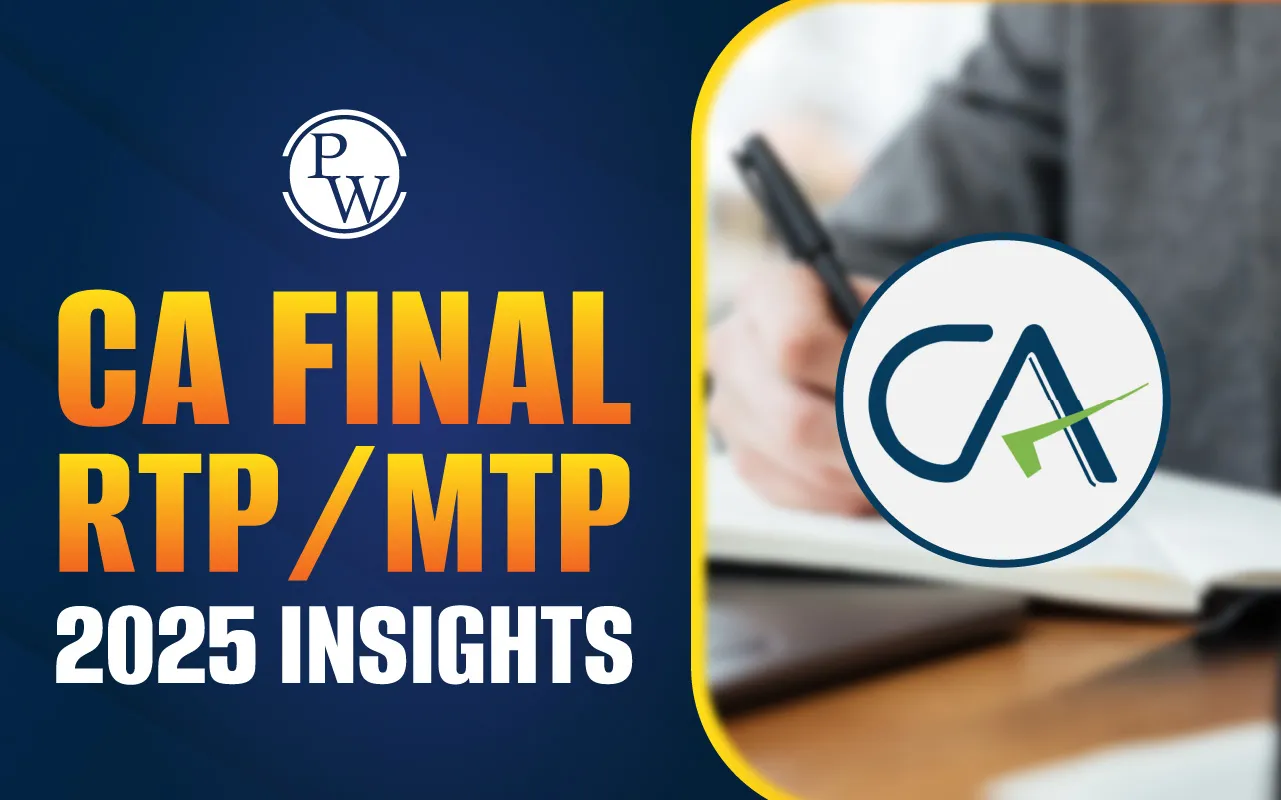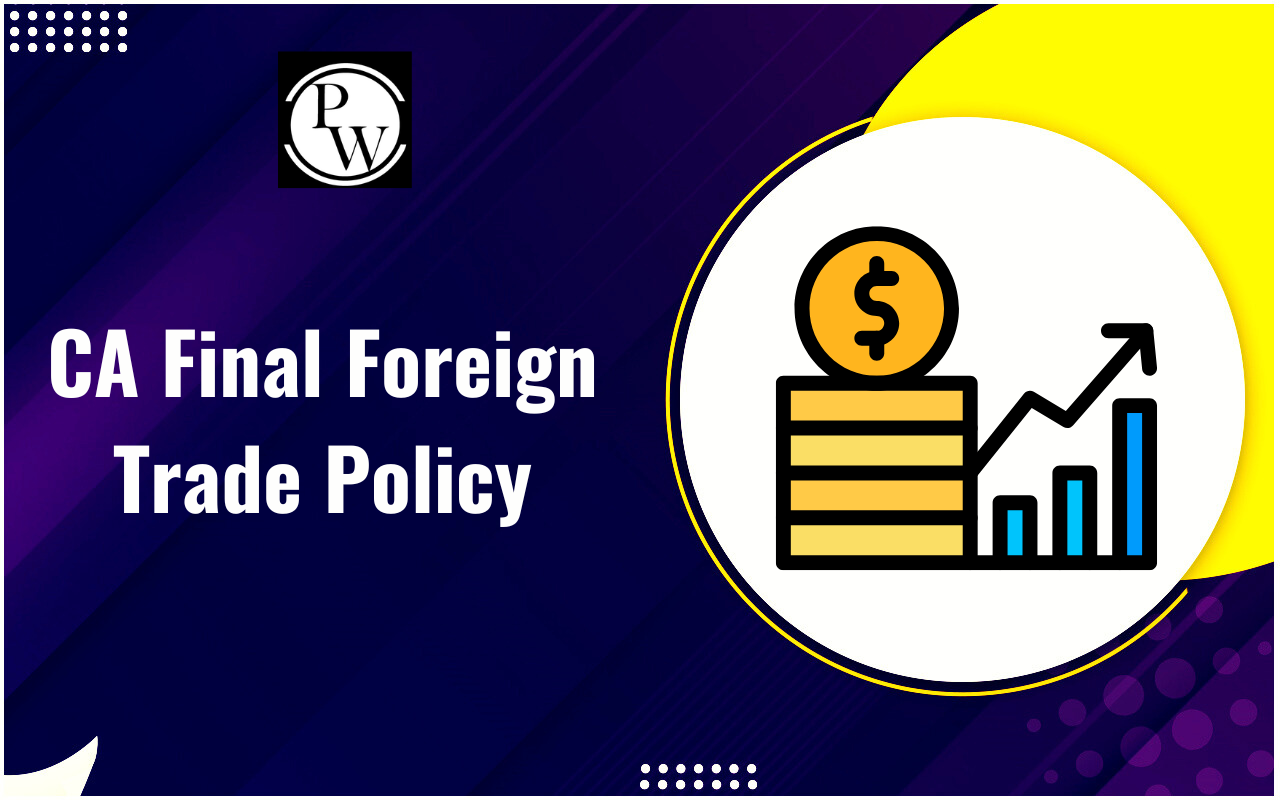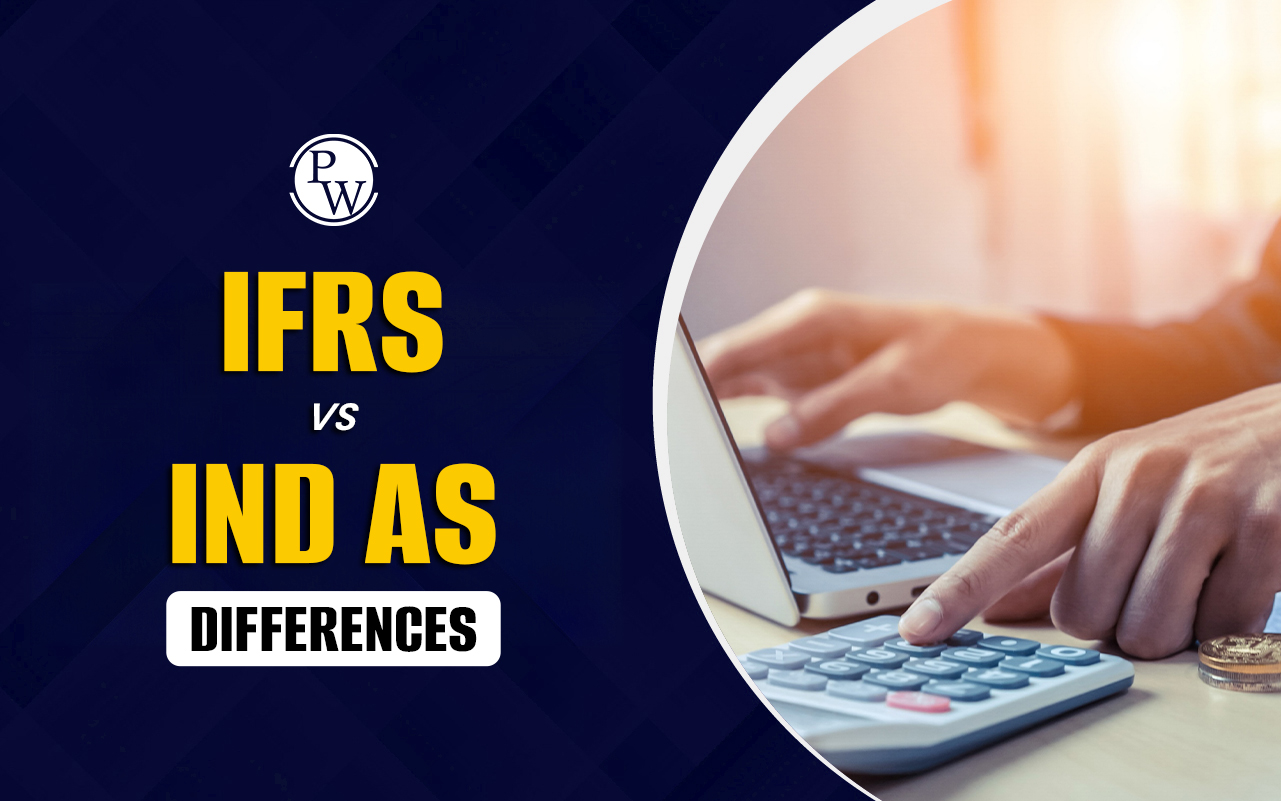
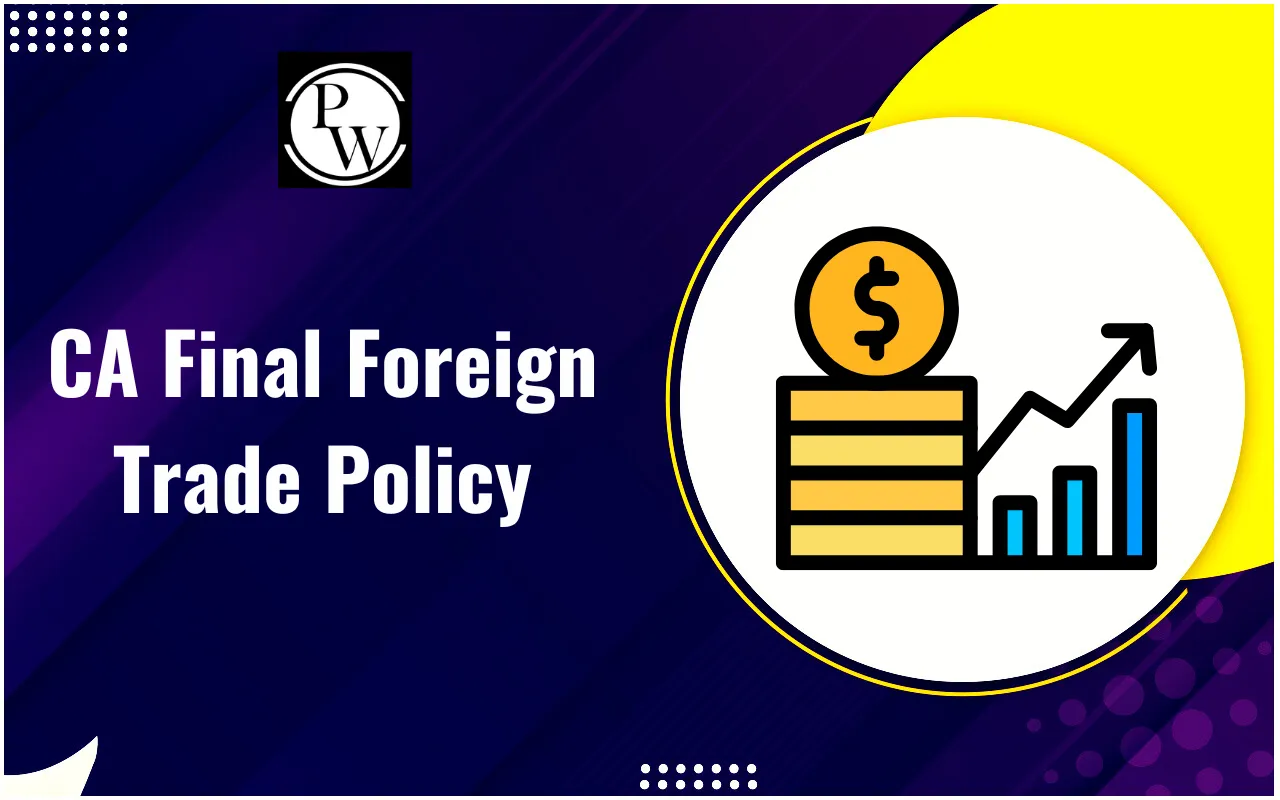
CA Final Foreign Trade Policy is an important area under the indirect tax syllabus. It explains how India manages imports and exports and how government policies support trade. Below, we’ve mentioned a clear idea of the Foreign Trade Policy CA Final topics, especially those linked with indirect taxes.
CA Final Foreign Trade Policy Overview
The CA Final Foreign Trade Policy is a framework made by the Government of India. It is managed by the Ministry of Commerce through the Directorate General of Foreign Trade (DGFT). The main purpose is to control imports, promote exports, and give benefits to exporters. Customs law handles the process and revenue part, but the Foreign Trade Policy CA Final decides the rules of what can be imported or exported.
This policy also connects with indirect tax exports, SEZ & FTP benefits. It supports exporters through various schemes and encourages businesses to join international trade. Even though the weightage of the Foreign Trade Policy CA Final in exams has reduced, it is still an essential topic to study for a clear understanding.
CA Final Foreign Trade Policy under Indirect Tax
Below, we’ve mentioned the important topics that students must study under the Foreign Trade Policy CA Final related to indirect taxes:
| Foreign Trade Policy CA Final Topics under Indirect Tax | ||
| Sr. No. | Topic | Description/Scope |
| 1 | Legislation Governing FTP | FTP is governed by the Foreign Trade (Development & Regulation) Act, 1992. Powers of Central Government and DGFT specified. |
| 2 | Salient Features of FTP | Export-import is generally free, goods categorised as free/restricted/prohibited, promotion via various schemes, and tax exemption/refund on exports. |
| 3 | Administration of FTP | DGFT as nodal agency. Coordination with CBIC (Customs/GST), RBI, and State GST Departments for FTP execution. |
| 4 | Contents of Foreign Trade Policy (FTP 2023) | 11 Chapters: 1) Legal Framework/Trade Facilitation 2) General Provisions Regarding Imports/Exports 3) Developing Districts as Export Hubs 4) Duty Exemption & Remission Schemes 5) EPCG Scheme 6) EOU/EHTP/STP/BTP 7) Deemed Exports 8) Quality Complaints & Trade Disputes 9) Cross Border Trade in Digital Economy 10) SCOMET Export Controls 11) Definitions. The Handbook of Procedures is also included. |
| 5 | Trade Facilitation & Ease of Doing Business | Measures for ease of business: online DGFT portal, Niryat Bandhu Scheme, National Committee on Trade Facilitation, paperless procedures, and helpdesk. |
| 6 | Authorized Economic Operator (AEO) | Customs-approved entities receive preferential treatment, faster cargo clearance, and self-certification benefits. |
| 7 | Towns of Export Excellence (TEE) | Recognition to select towns with high export potential for targeted support and development. |
| 8 | Status Holders | Criteria for Export House status (One to Five Star), threshold export performance, privileges, including self-declaration, exemption from bank guarantee, priority handling, and mentoring. |
| 9 | Developing Districts as Export Hubs | Identifying district-level export potential, District Export Promotion Committees, and action plans for boosting exports. |
| 10 | Quality Complaints & Trade Disputes | Mechanism for handling quality issues, CQCTD for dispute resolution with exporters/importers. |
| 11 | SCOMET Export Controls | Regulation of export of special chemicals, organisms, materials, equipment, and technology. National Export Control List aligned with international regimes. |
| 12 | General Provisions for Imports/Exports | Rules for classifying goods, state trading enterprises, mandatory documents (bill of lading, invoice, shipping bill), penal actions, and the Denied Entity List. |
| 13 | Importer Exporter Code (IEC) | 10-character code mandatory for export-import activities (except for specific exemptions); must be updated annually. |
| 14 | Provisions Relating to Imports | Includes actual user condition, specific categories (samples, gifts, passenger baggage, repaired goods, project goods, prototypes, metal scrap, second-hand goods), exemption from Quality Control Orders for AA, EOU, SEZ. High seas sales, merchanting trade regulations. |
| 15 | Provisions Relating to Exports | Includes benefits for supporting manufacturers, third-party exports, samples, gifts, passenger baggage, import for export, payment/receipt rules (denomination, non-realization protocol), role of Export Credit Agencies, Export Promotion Council, self-certification of origin under FTAs/PTAs/CEPAs. |
| 16 | ITC(HS) Classification of Exports/Imports | Indian Trade Classification based on Harmonized System; Schedule I (Import Policy), Schedule II (Export Policy), SCOMET list. |
| 17 | Export Promotion Schemes | Duty Exemption and Remission Schemes: Advance Authorization, Duty Free Import Authorization (DFIA), Duty Drawback, RoDTEP, RoSCTL. |
| 18 | Advance Authorization Scheme | Duty-free import of inputs for export production; actual user condition, physical export, deemed export, SION norms, self-ratification, minimum value addition 15%, non-transferable, export obligation, eligible duty exemptions. |
| 19 | DFIA Scheme (Duty Free Import Authorization) | Post-export duty-free import of inputs as per SION; transferable after export obligation, minimum value addition 20%, only exempt from Basic Customs Duty. |
| 20 | Export Promotion Capital Goods Scheme (EPCG) | Import/procurement of capital goods at zero duty for export production; export obligation (6 times duty saved in 6 years), actual user condition, indigenous sourcing, and deemed export benefits. |
| 21 | EOU/EHTP/STP/BTP Schemes | 100% export units eligible for duty/tax exemptions on imports, sector-specific rules, entitlements (license, EEFC account), net foreign exchange earnings, procedures for exit/conversion/inter-unit transfer. |
| 22 | Deemed Exports Provisions | Supplies considered exports within India, supply categories (AA, EPCG, EOU/SEZ, UN/ICB/mega/nuclear projects, etc.), are eligible for advance authorisation, duty drawback, and terminal excise duty refund. |
| 23 | Miscellaneous & Recap Provisions | Integration with tax laws (Customs, GST, excise), amendments, procedural notifications, answers/hints for exam preparation. |
Classification of Goods under Foreign Trade Policy CA Final
Foreign Trade Policy CA Final divides imports and exports into four categories. Below, we’ve mentioned the four categories:
-
Prohibited Goods: These goods cannot be imported or exported.
-
Restricted Goods: These goods need DGFT authorization.
-
State Trading Enterprises (STE): These goods can only be traded by government bodies.
-
Freely Importable/Exportable Goods: For these goods, no license is needed, but customs duty may apply.
Note: Every importer or exporter must have an Import Export Code (IEC). This is a unique 10-digit code for trade.
SEZ And FTP Benefits
Special Economic Zones (SEZs) also operate under the Foreign Trade Policy CA Final. Below, we’ve mentioned the zones that provide businesses with several advantages.
Key SEZ & FTP benefits include:
- Duty-free imports.
- GST exemption on local procurement.
- Simplified clearance process.
- Supportive infrastructure for exporters.
How to Prepare CA Final Foreign Trade Policy Topics?
Foreign Trade Policy CA Final requires both conceptual clarity and practical understanding. Below, we’ve mentioned some preparation tips:
Understand the Basics First: Read the introduction of the Foreign Trade Policy CA Final to know why it exists and how it works.
Focus on Classifications: Learn the four categories of imports and exports. These are often tested in exams.
Memorize Key Schemes: Pay attention to FTP schemes like Advance Authorization, DFIA, EPCG, and EOUs. Link them with indirect tax exports.
Practice with Examples: Take examples of goods under prohibited or restricted categories to remember easily.
Revise Special Provisions: Remember exceptions like import of gifts or passenger baggage rules. These are simple but can be confusing.
Link with Other Laws: Connect the Foreign Trade Policy CA Final with customs and GST. This will give students a full picture.
Make Tables and Charts: Summarize schemes, export obligations, and benefits in chart form for quick revision.
Revise SEZ & FTP benefits: These are easy scoring areas and also important in practical applications.
The Foreign Trade Policy CA Final is a key part of the indirect tax syllabus. It explains how India manages imports, promotes exports, and provides benefits through the FTP scheme, indirect tax exports, and SEZ & FTP benefits. With proper preparation and regular revision, students can handle this section with ease. A strong grip on Foreign Trade Policy CA Final topics will not only help in exams but also in real-life applications of trade and customs.
| Also Read | |
| CA FINAL TRANSFER PRICIN | CA FINAL GST REFUND |
| CA FINAL AFM CAPITAL BUDGETING | CA FINAL AUDITING ETHICS |
| CA FINAL INTERNATIONAL TAX | ACCOUNTING STANDARDS |
CA Final Foreign Trade Policy FAQs
What is the Foreign Trade Policy CA Final under indirect tax?
What are the categories of goods under the Foreign Trade Policy CA Final?
What are FTP schemes in the Foreign Trade Policy CA Final?
How do SEZ & FTP benefits help exporters?

